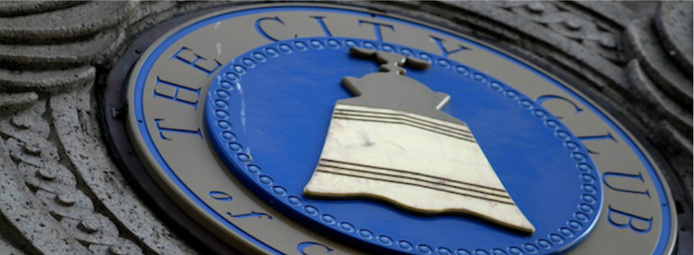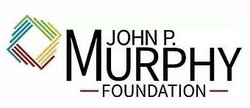Monday, February 25, 2019
#FREESPEECH IN THE NEWS: FEBRUARY 25, 2018

As the Citadel of Free Speech here in Cleveland, we work to protect and promote the basis of our democracy by sharing related stories, commentary, and opinions on free speech in the 21st century. Here's what's making the news – and what you should know about – in the past week.
1.) Justice Clarence Thomas Calls for Reconsideration of Landmark Libel Ruling
Justice Clarence Thomas has called for the Supreme Court to reconsider New York Times v. Sullivan, the landmark 1964 ruling interpreting the First Amendment to make it hard for public officials to prevail in libel suits.
He said the decision had no basis in the Constitution as it was understood by the people who drafted and ratified it. “New York Times and the court’s decisions extending it were policy-driven decisions masquerading as constitutional law,” Justice Thomas wrote.
Justice Thomas, writing only for himself, made his statement in a concurring opinion agreeing that the court had correctly turned down an appeal from Kathrine McKee, who has accused Bill Cosby of sexual assault. She sued Mr. Cosby for libel after his lawyer said she had been dishonest.
2.) Judge says Washington state cyberstalking law violates free speech
A federal judge has blocked the state's 2004 law after ruling that a key provision violated First Amendment protections for free speech due to vague terms. Its prohibitions against speech meant to "harass, intimidate, torment or embarrass" weren't clearly defined, according to the judge, and effectively criminalized a "large range" of language guarded under the Constitution. You could theoretically face legal action just by criticizing a public figure.
The ruling came after a retired Air Force Major, Richard Rynearson III, sued to have the law overturned. He claimed that Kitsap County threatened to prosecute him under the cyberstalking law for criticizing an activist involved with a memorial to Japanese victims of US internment camps during World War II.
Officials had contended that the law held up because it targeted conduct, not the speech itself. They also maintained that Rynearson hadn't shown evidence of a serious threat -- just that the prosecutor's office would see how Rynearson behaved and take action if necessary. A county court had already tossed out the activist's restraining order against Rynearson over free speech.
3.) Duke Law students ask Supreme Court to hear case of free speech activists
In 2015, free speech activists at the University of South Carolina used images of a swastika displayed on another campus and a sign including the term "wetback"—a derogatory term usually aimed at undocumented Mexican immigrants—at a demonstration on campus to represent speech that had been quieted on other college campuses.
The school's actions in the wake of the protest have sparked a legal fight. Now, Duke's First Amendment Clinic is weighing in on the fight, filing a "friend of the court" brief to ask the U.S. Supreme Court to hear the case.
The Clinic recently filed the amicus brief in the case Abbott v. Pastides. The brief was written by four third-year law students. The Clinic is not representing either party in the case. Instead, it filed the amicus—meaning “friend of the court”—brief as an outside party urging the Supreme Court to accept the case.





